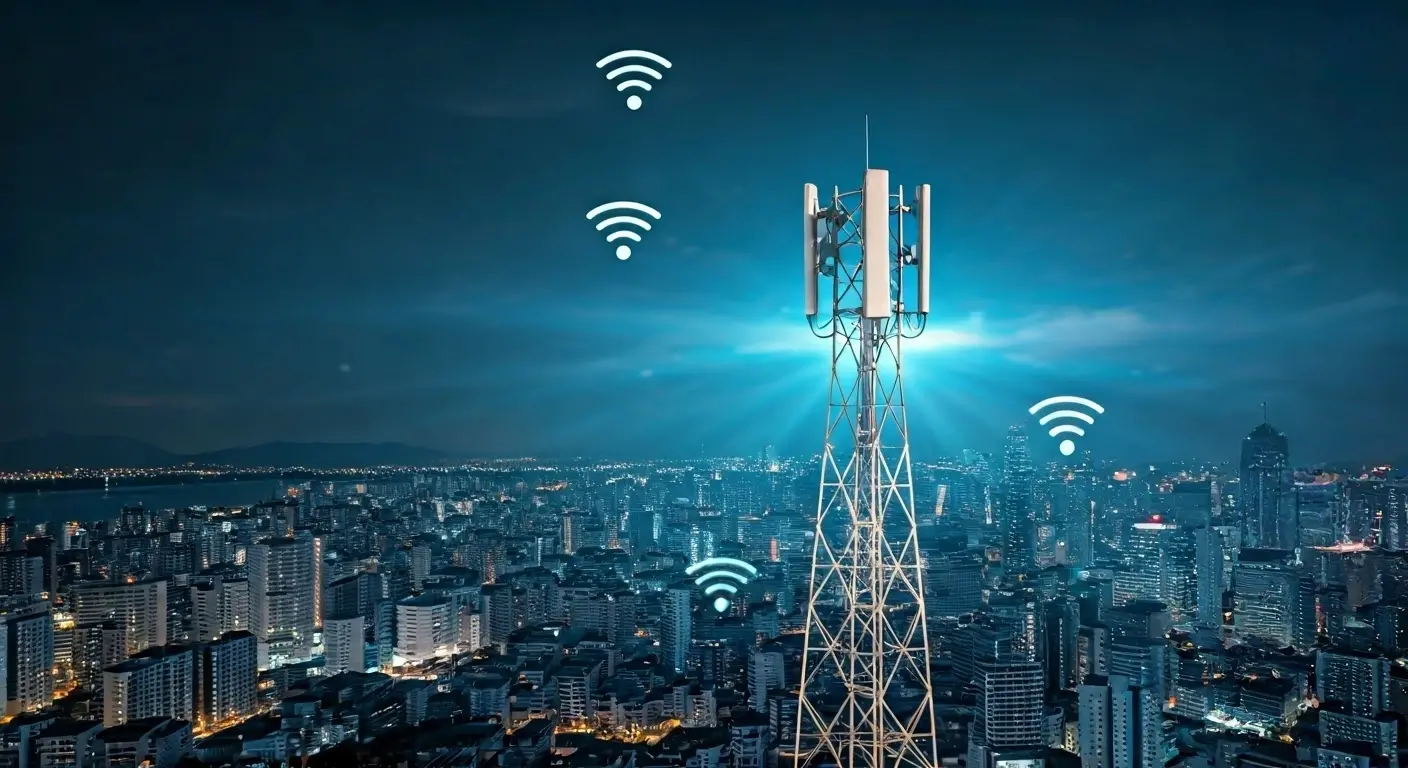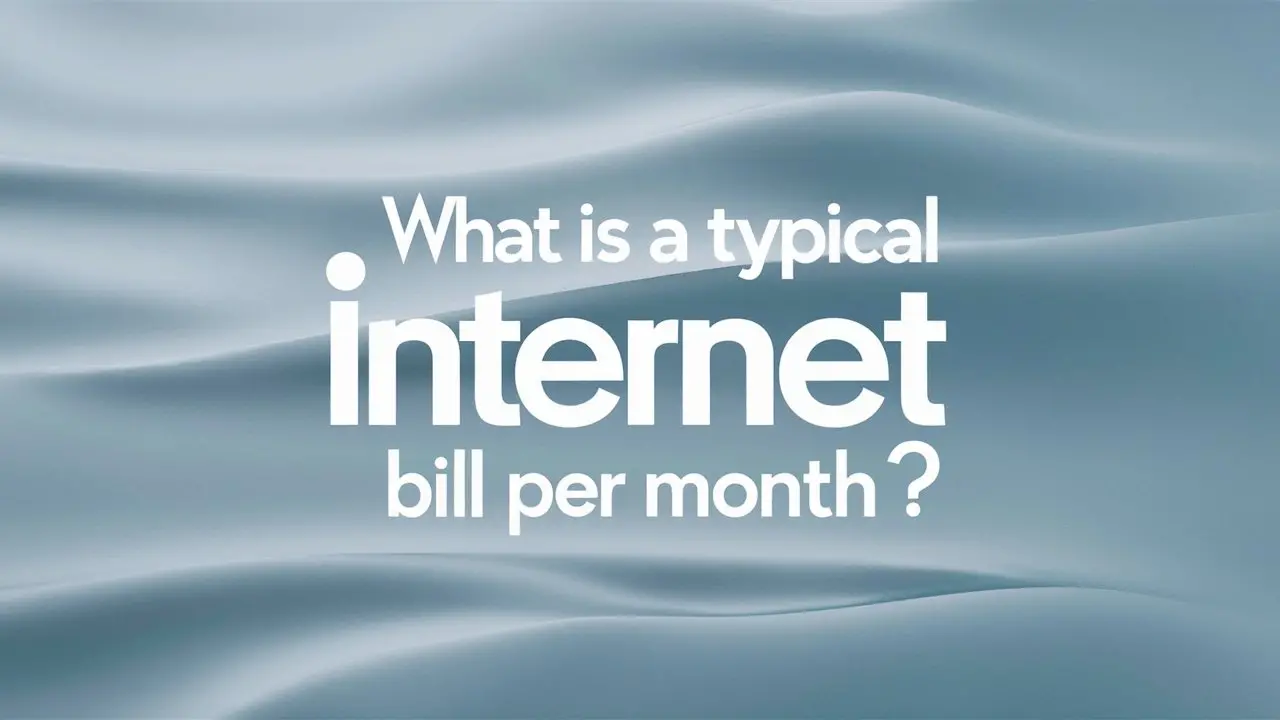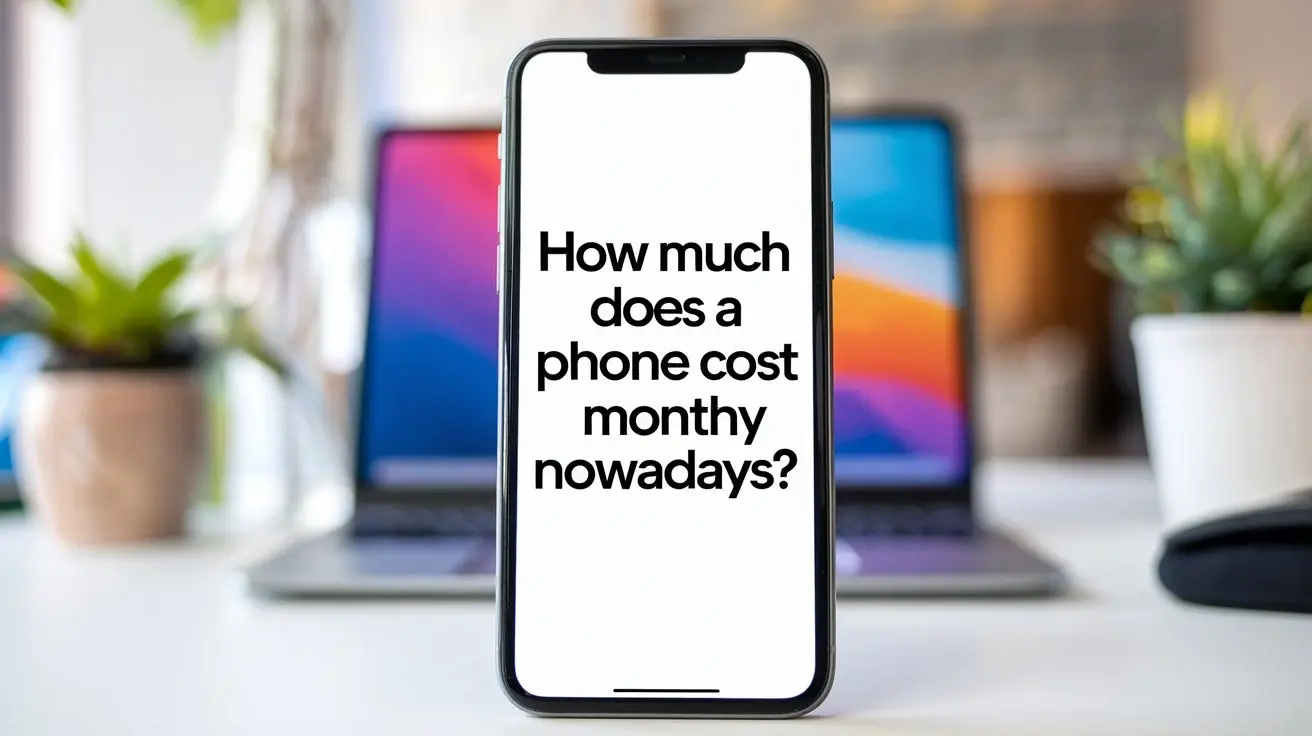
In today's fast-changing digital world, having a fast and reliable internet connection is very important. As technology moves forward, people in some areas have more options for internet service. One new choice is 5G home internet, which competes with traditional cable internet. With more people needing steady streaming, online gaming, and remote work, it's important to understand the differences between 5G and cable internet. This knowledge helps in making smart choices in the tight financial markets and industry.
Understanding the Basics of 5G Home Internet
For many, "5G" means super-fast mobile phone connections. But 5G technology is not only for smartphones. It is also an in-home internet service. This new option uses cellular networks to provide internet access. You don’t need cable or fiber optic lines anymore.
5G home internet sends data wirelessly through radio waves. It connects your home to a cell tower, just like your cell phone connects to a network. This wireless setup offers flexibility and convenience. It is a great choice for people looking for a change from traditional wired internet.
What is 5G Home Internet?
5G home internet is a service that uses the newest fifth-generation cell technology to give high-speed internet to homes. Unlike regular wired services like DSL or cable, 5G home internet connects your home to the internet wirelessly using radio waves from cell towers.
Think about having internet access without wires or the problems of physical connections. With 5G home internet, all you need is a 5G-compatible modem/router from your 5G provider. Then, you can enjoy the freedom and ease of a wireless connection.
This new technology could change how we connect to the internet. It offers an easier and more convenient choice, especially for those in areas where wired internet is limited or not available.
How Does 5G Home Internet Work?
The magic of 5G home internet is in how it uses unseen radio waves for fast connections. It begins with a 5G modem/router in your home. This device connects your gadgets to the 5G network. The modem/router sends and receives signals wirelessly to a nearby cell tower from your 5G provider.
These towers are placed carefully to give you the best coverage and strong signals. When your modem/router links up with the cell tower, it uses radio waves to send and get data. This way, your home connects to the big network of servers that makes up the internet.
You can think of it as an unseen data highway. It moves information quickly between your devices and the online world.
Conclusion
In conclusion, choosing between 5G home internet and cable depends on what you need and what matters most to you. 5G can give you faster speeds and lower delays. But, in some places, cable might be more reliable. Think about how many devices you have, where you live, and your budget before deciding. Knowing the good and bad points can help you find the best option that fits your use. Stay updated and make a smart choice for a smooth internet experience.
Call on (855) 210-8090 to get an internet connection now!
FAQ
1. What are the Pros and Cons of 5G Home Internet Compared to Cable?
In the busy world of internet services in finan?ních trzích and try, both 5G home internet and cable internet have their ups and downs. 5G is simple to set up, can save money, and has similar speeds. On the other hand, cable internet usually has better availability and offers unlimited data.
2. Can 5G Home Internet Support Multiple Devices at Once?
Yes, like regular internet services in various financial markets, 5G home internet can support many devices at the same time. But, how many devices can connect and work well without problems relies on things like internet plan speeds and the total network capacity.
3. How Reliable is 5G Home Internet in Rural Areas?
The reliability of 5G home internet in rural areas depends on how strong the 5G network is. In places where 5G coverage is good, like in some finan?ních trzích and try, the service can be very reliable, just like wired internet. However, in remote areas with limited infrastructure, the performance might not be steady.
4. Is 5G Home Internet More Expensive Than Cable?
In different financial markets and sectors, the price of 5G home internet can change to cable internet. This depends on the service providers and the plans they offer. Usually, both types provide similar prices. Many things, like internet speed, data limits, and special deals, affect the total cost for customers.
5. How Fast Can I Expect My 5G Home Internet to Be?
The speed of 5G home internet depends on a few things. This includes signal strength, how crowded the network is, and the plan you pick. In the best conditions, 5G can reach speeds that are as fast as, or even faster than, cable internet. This gives people a smooth online experience.



